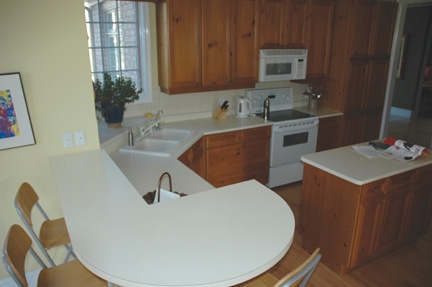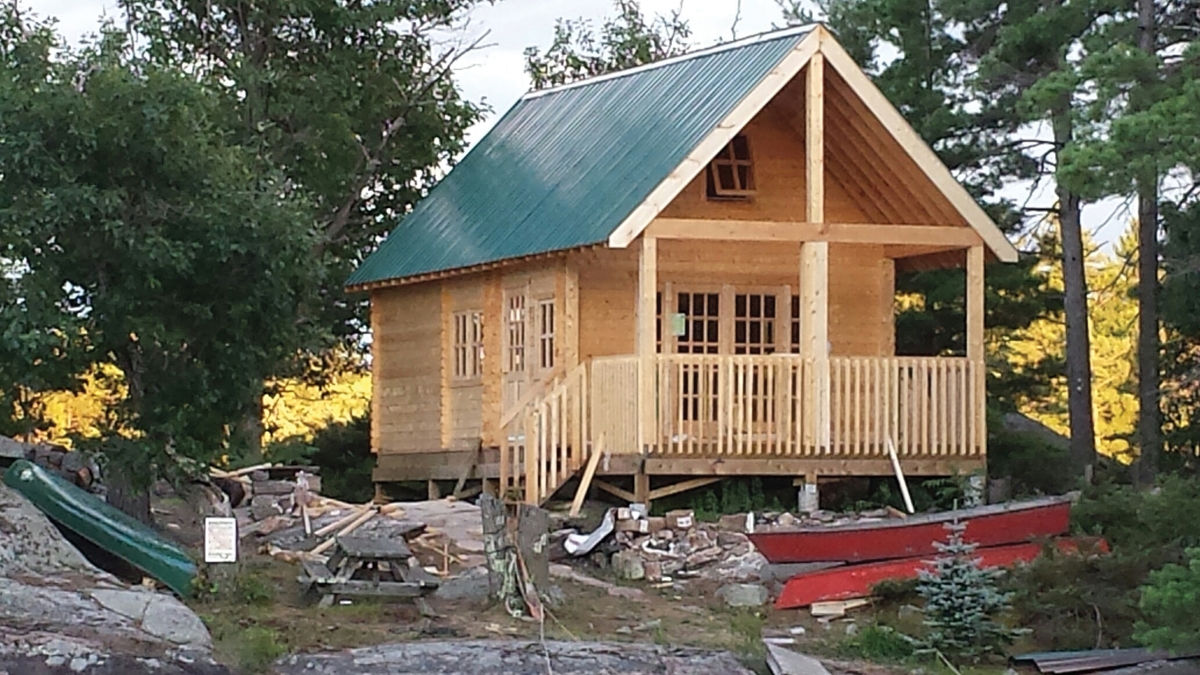
The hardest working appliance — the hot water tank
Your hot water tank is one of the most hard working appliances in your home. It heats water for showers, baths, dishwashing, laundry and more!
In Ottawa and the greater Ottawa area most home owners rent their tank rather than own it. The problem with this rental agreement in general is that the tank is not likely to get any maintenance during its lifetime until something goes wrong. The checks needed to ensure a tank is in good working condition are pretty simple, but many people find the tank intimidating and worried they will do something wrong and therefore do not maintain it themselves. In most cases the rental company will not maintain it either and any other contractor performing work on the tank can void warranties or needlessly cost the homeowner money they need not pay.
The average life of a tank in the Ottawa area is about 10 years. We luckily have great soft water within the city and this contributes to the longevity of the tanks. In more rural areas where the homeowner is on a well, tanks can last less time due to hard water that calcifies the tank and reduces the efficiency. In this case, we recommend a good quality water treatment solution to keep this under control.
Alternatives ways of storing or generating hot water are numerous — The standard tank is the most common in gas or electrically powered; solar power, geothermal or boilers are other methods used to heat the water for storage. Tankless heaters that heat the water on demand are becoming more popular as they have an advantage of not running out of hot water.
If you live in a house with many people and find that by the time it's your turn to shower the water has gone cold, your tank has probably emptied and will take time to fill and heat again. In this situation a tankless unit would be a great addition to the household. Or it could mean that your tank just isn’t the right size for the family it is serving.
Your water tank does have some health and safety measures built into it to keep it from exploding. It’s true . . . water tanks are actually pressure cookers.
Plumbers get to see videos during their training of houses that have been razed to the ground by an exploding tank (for interest sake, you can see an episode of Mythbusters where they test this in a field). These safety checks must be checked fairly regularly to ensure pressure build up does not happen.
Another interesting part of your tank is called a “sacrificial anode rod”. This rod is made of either magnesium or aluminum and it sits right in the middle of the tank surrounded by the water.
This anode rod is installed in most tanks to protect your tank and extend its life in a similar way that paint and undercoating protect your car from corroding (it only lasts so long). The life expectancy of an anode rod varies from reagan to region with the water quality and amount of demand on the heater. ‘Rheem’ makes a fiberglass tank that does not require an anode rod and has a lifetime warranty. In the Ottawa area rods can last from 5-7 years and can be replaced. The anode rod is called sacrificial because it takes the erosion away from the casing. Usually when a hot water tank is changed out we will find the anode rod is just a nub. It did its job perfectly.
If you are inclined to test your water tank yourself, check out Dave, owner of Out of This World Home Services on a video showing you how to do it. If you are still unsure, call your rental company and see if they will come and check it for you.
One other important part on your water tank is the mixing valve. This essential part ensures that no scalding occurs at the end use fixture, like the bathroom faucet or shower. All hot water tanks must have a mixing valve. This is in the Ontario code and plumbers are required to install one when water heating systems are worked on to ensure anti-scalding measures are met.
For plumbing and water treatment assistance check our website.
To book an appointment, call Out this World Home Services at 613-519-1342 or email solutions@outofthisworldhomeservices.com
Photo: Autri Taheri, Unsplash







